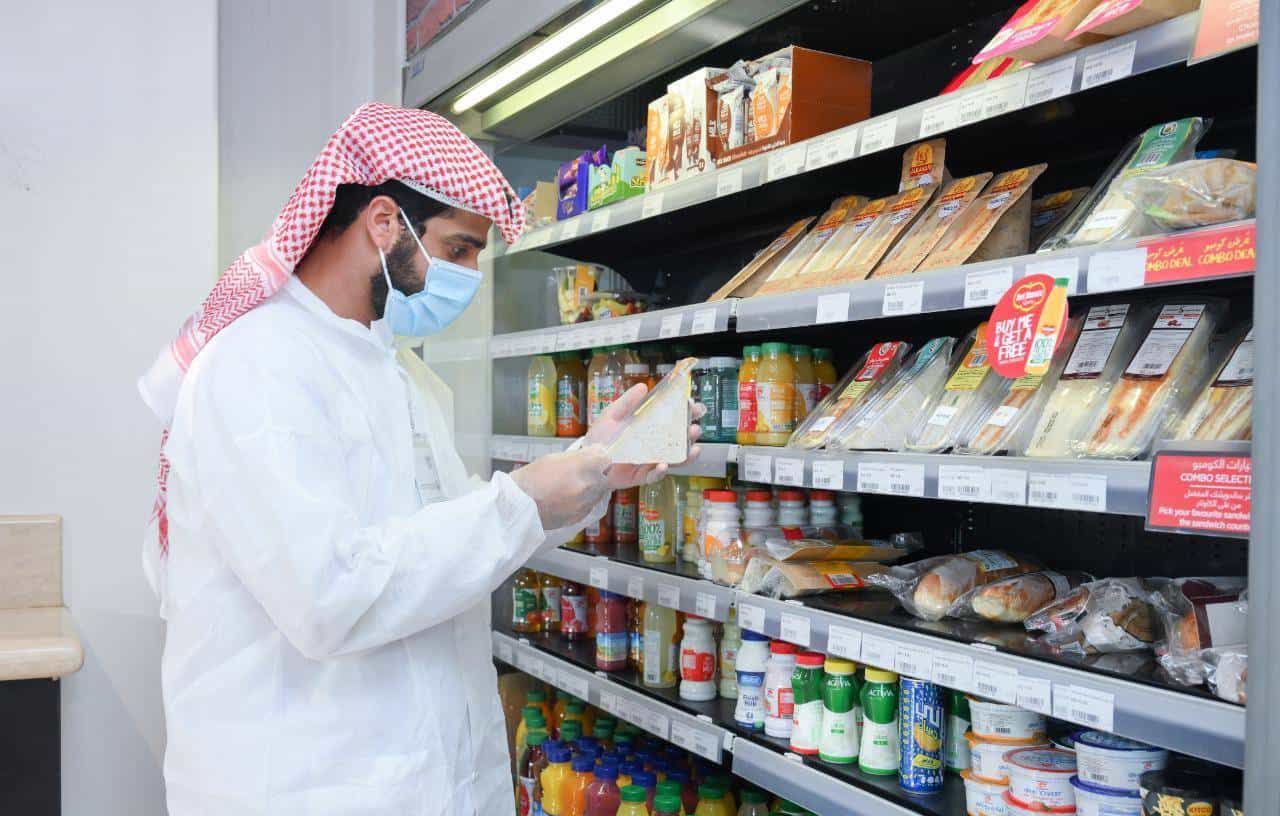The Gulf Cooperation Council (GCC) has unveiled a new regional strategy aimed at bolstering food security across its member states. The initiative comes in response to a confluence of global challenges, including climate change, natural disasters, and a rising global population, all of which threaten the stability of food supplies.
"This strategy represents a crucial step towards ensuring the long-term well-being of our citizens," declared Faisal Al-Rawas, chairman of the Federation of the GCC Chambers. He elaborated that the plan prioritizes the development of agricultural, livestock, and fishery projects within the member states. This focus on domestic production aims to not only guarantee food availability but also to create a more robust and sustainable food system within the GCC.
The GCC nations – Bahrain, Kuwait, Oman, Qatar, Saudi Arabia, and the United Arab Emirates – have historically relied heavily on imported food supplies. This dependence has rendered them vulnerable to fluctuations in global food prices and disruptions in international trade. The new strategy seeks to lessen this vulnerability by promoting self-sufficiency in key food sectors.
Central to the strategy is a commitment to harnessing cutting-edge technologies within the agricultural sector. Investments in areas like precision agriculture, vertical farming, and drought-resistant crops are expected to play a significant role in boosting yields and optimizing resource utilization. The GCC has already made significant strides in this area, with the total investment in food technology within the region reaching an estimated $3.8 billion.
The strategy also recognizes the importance of fostering regional cooperation. The member states plan to streamline trade regulations and facilitate the movement of agricultural products within the GCC. This will create a larger and more integrated market, allowing for economies of scale and enhanced food security for the entire region. Additionally, collaboration on research and development initiatives is expected to accelerate innovation and propel the GCC towards the forefront of sustainable food production.
The path towards self-sufficiency, however, is not without its challenges. The GCC nations are inherently arid, with limited water resources posing a significant constraint on agricultural development. The strategy acknowledges this hurdle and emphasizes the need for innovative water management solutions, such as desalination and wastewater treatment.
Furthermore, the success of the strategy hinges on attracting investment and fostering public-private partnerships. The GCC holds immense potential for agricultural development, with vast tracts of land suitable for cultivation. Public-private partnerships can leverage private sector expertise and investment to unlock this potential and propel the region towards self-sufficiency.
The GCC's unified strategy for food security represents a proactive response to a pressing global challenge. By harnessing innovation, fostering regional cooperation, and addressing resource constraints, the GCC nations hope to build a more resilient and sustainable food system for future generations.

